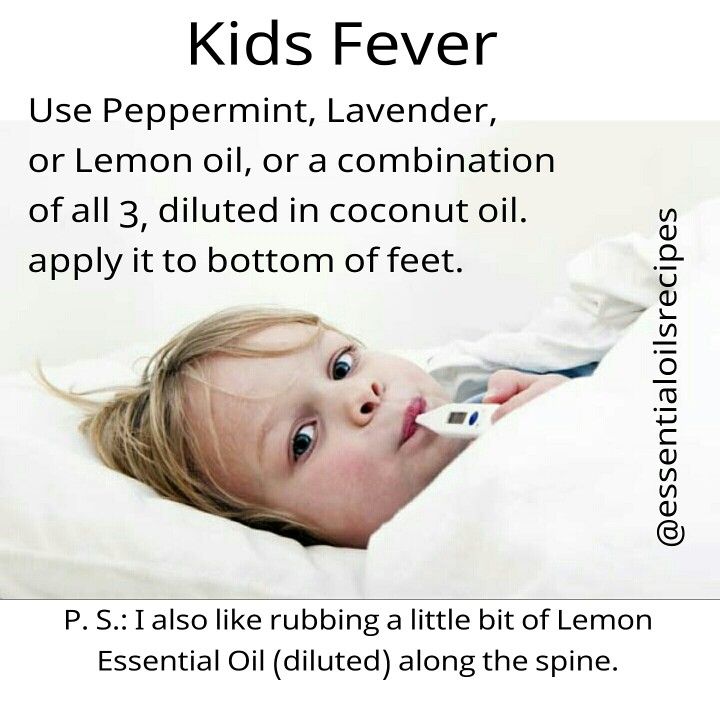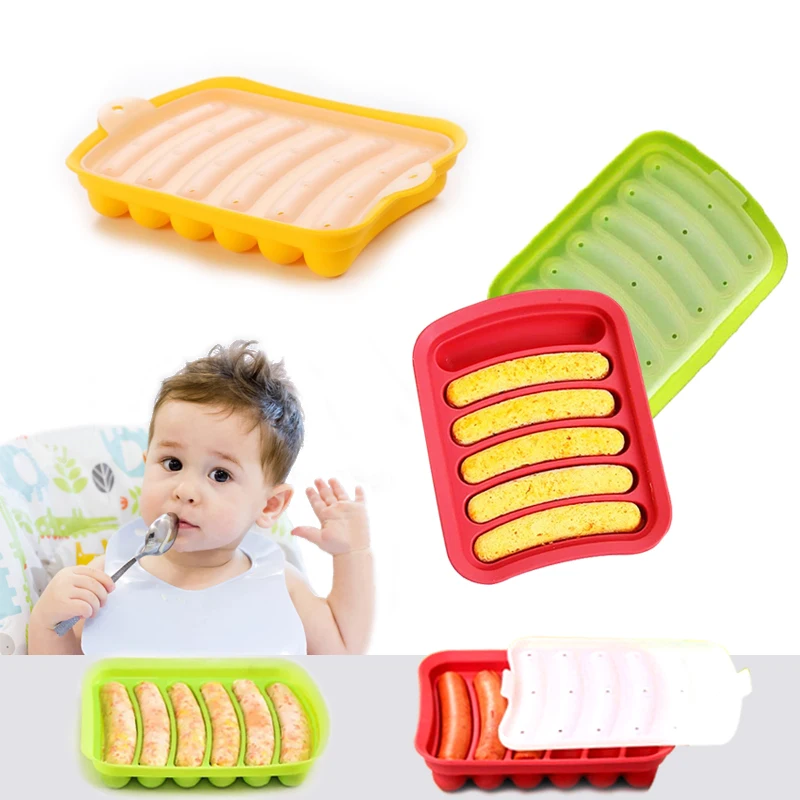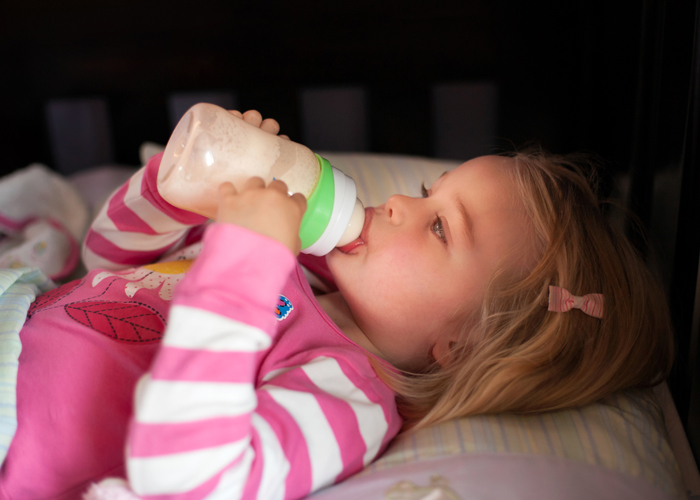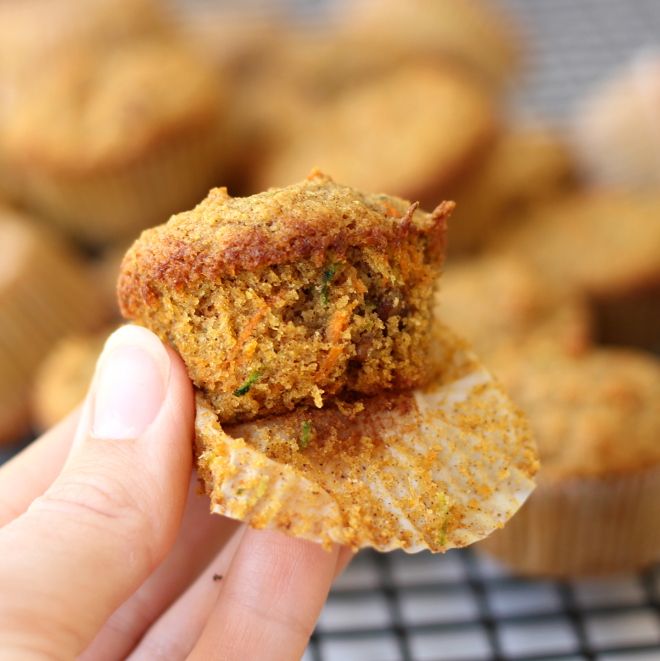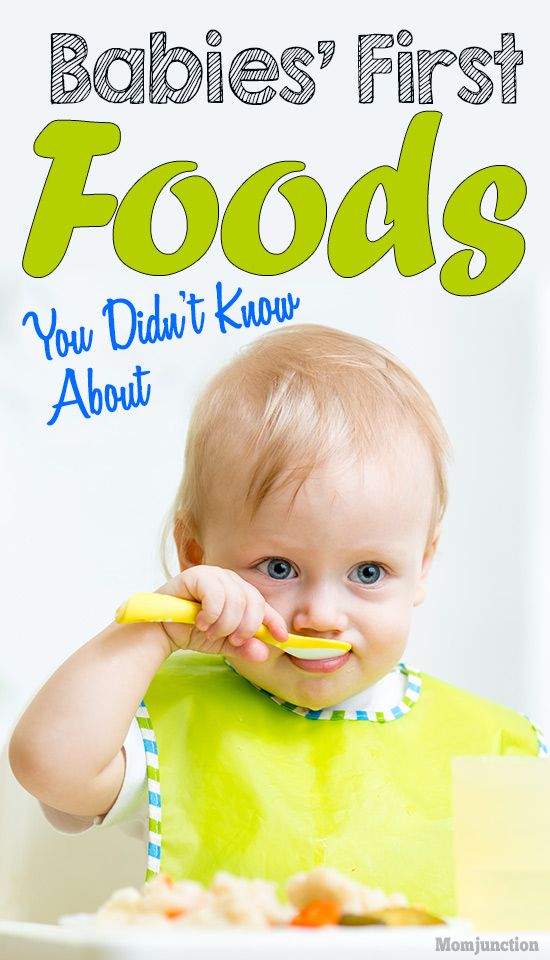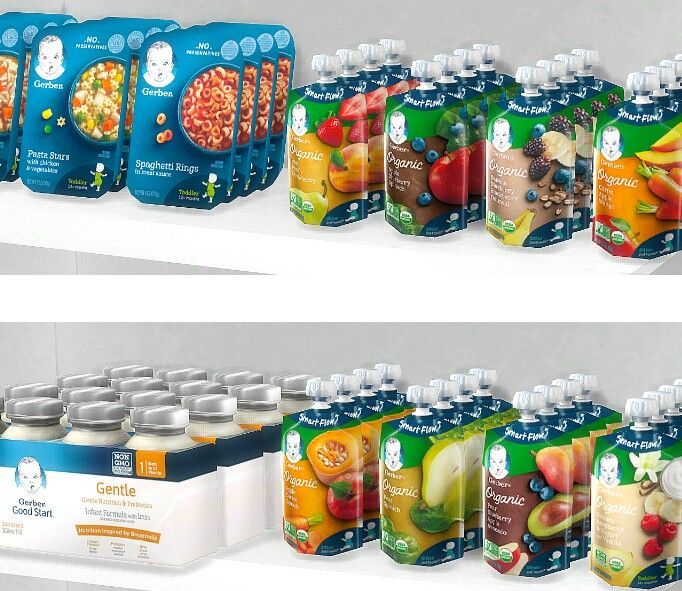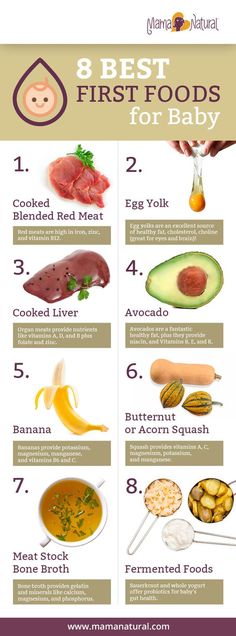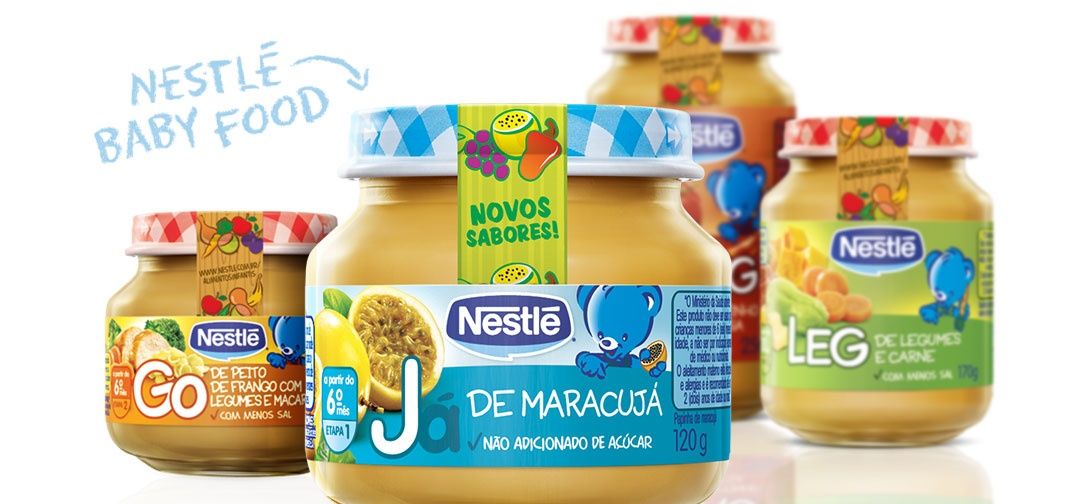What to feed baby when fever
11 Effective Foods For Babies During Fever (6-12 Months)
As the immune system of your baby is not fully developed, they are more prone to infections and fever (which is the body’s way of fighting infections), especially before their first birthday. If your baby develops a fever, obviously, you need to do whatever you can to help it feel better. In addition to medicine and attention, you should take care of your baby’s food. Giving food for babies during fever is a challenge.
Usually, babies refuse to eat during fever. This can make them tired, weak, and cranky. Eating healthy food (regardless of the quantity) also plays a major role in their speedy recovery. Read on to know 11 such foods for babies during fever.
In This Article
- Feeding Foods for Babies During Fever
- 11 Most Effective Foods for Babies During Fever
- When to Call a Doctor?
- Some Useful Tips to Feed Your Baby when He has Fever
- FAQ’s
Feeding Foods For Babies During Fever
Always give priority to your baby’s wish when it comes to choosing foods for babies during fever. When your baby is sick, the first thing that goes for a toss is their appetite. You can try giving your baby some of their favorite food, but make sure the food is both nutritious and provides your baby with enough energy to fight the infection.
But, if your little one wants to be on your feed, listen to their wishes and breastfeed or formula feed them entirely till they recover from fever as breast milk and formula provide all the essential nutrients. Never force your baby to eat if they don’t want to. Just keep feeding them at regular intervals to keep them active and remember their appetite will return when they start feeling better.
11 Most Effective Foods For Babies During Fever
The food for babies during fever should be:
- Warm, less spicy, semi-solid, and soft.
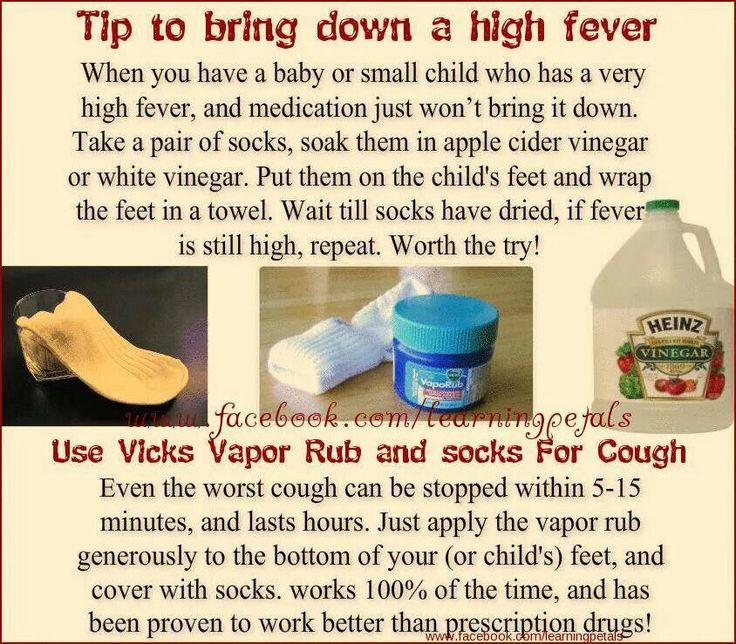
- Easily digestible.
- Protein intake should be increased. Dal and milk, which are rich in proteins, can be added to their diet.
- Include food rich in calcium, sodium, iron, vitamin C, vitamin A, and vitamin B.
- Avoid oil, butter, ghee, and highly fibrous foods. Also, avoid cold food.
Here are eleven foods for babies during fever time and you can give this kind of food given below:
1. Breast milk
If your baby is down with a fever, feed them as much breast milk as they need. After all, it is their primary food during the first year. Intake of fluid is important during the fever. Breast milk not only helps to prevent dehydration but also provides your baby with all the essential nutrients. It also benefits your baby since it contains antibodies. Breast milk is easy to digest. Moreover, the act of nursing comforts your baby while they are suffering from fever.
2. Dal Khichdi
If your baby is over six months, you would have introduced them to solids.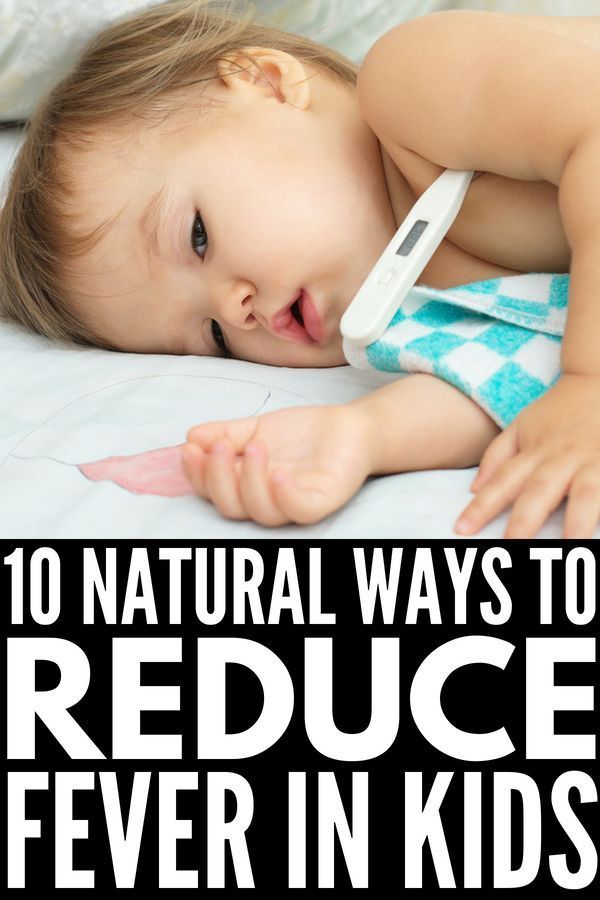 Moong dal khichdi supplies enough protein to your baby. It is not only easy to digest but is a balanced meal and truly a portion of comfort food. Dal khichdi is light on your baby’s tummy and also provides all the essential nutrients. Give warm khichdi to your baby. Do not try to give your baby the usual quantity they are used to eating. Even if they take a few spoons, and stop eating, do not force them. View basic dal khichdi recipe here.
Moong dal khichdi supplies enough protein to your baby. It is not only easy to digest but is a balanced meal and truly a portion of comfort food. Dal khichdi is light on your baby’s tummy and also provides all the essential nutrients. Give warm khichdi to your baby. Do not try to give your baby the usual quantity they are used to eating. Even if they take a few spoons, and stop eating, do not force them. View basic dal khichdi recipe here.
3. Mashed Curd Rice
You can give curd rice to babies above 11 months. Remember to use curd or yogurt that is at room temperature rather than a cold one. Mash the rice well before giving it to your baby. Curd rice is easy to digest and also has a soothing effect.
4. Soup
Giving baby clear vegetable soups help to alleviate any tiredness, and it also supplies essential nutrients. Wash the seasoned vegetables thoroughly, chop them, and pressure cook them with enough water (use only filter water). Add a pinch of salt and a little pepper (optional) and bay leaves. Cook on low flame for 15 to 20 min. Let it cool, and then you can puree the vegetables, strain them and feed your baby this warm soup.
Add a pinch of salt and a little pepper (optional) and bay leaves. Cook on low flame for 15 to 20 min. Let it cool, and then you can puree the vegetables, strain them and feed your baby this warm soup.
5. Dalia Porridge
Dalia porridge is a good choice to give to babies during fever. Just cook, clean and soak (for 15 min) dalia in a pressure cooker for 15 minutes on low flame. Add a pinch of salt. Mash well.
6. Fruit and Vegetable Puree
Stewed apples, mashed bananas, pureed peas, and carrots are good foods for babies during fever.
7. Rice Cereal
If your baby prefers to eat, you can try giving them rice cereal, which is also a good source of nutrition. Rice water is also said to help reduce fever.
8. Turmeric and Ajwain
Use these items liberally while preparing food for your baby. All these ingredients are antibiotics in nature and help in fighting the infection and reducing the temperature.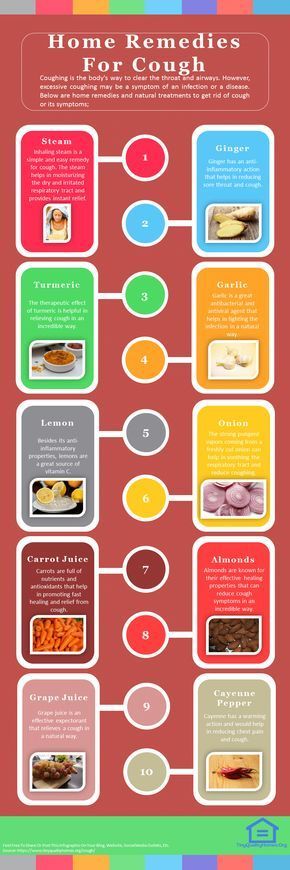
9. Stewed Apple
Apple sauce or stewed apple is easily digestible and hence is ideal during fever.
10. Sweet potatoes
Sweet potatoes are packed with immune-boosting nutrients. Give steamed, mashed/pureed sweet potatoes or give as porridge to your baby during this period.
11. Broccoli
The antioxidants in broccoli help fight diseases. It also stimulates the body’s immune system. Give pureed or broccoli soup.
When to Call a Doctor?
If your baby is suffering from fever, it’s best to take them to the doctor immediately. You need to take note of the symptoms the baby is showing so that the doctor can advise accordingly:
- Vomiting
- Diarrhea
- Unexplained rashes
- Unusually sleepy or fussy,
- Seizures
It is essential that you give more nutritious food to the baby, that provides more energy. Be patient and offer the food in small quantities over frequent meals to your baby. If your baby is not eating at all, then you must seek medical help as this lack of appetite would be an indication of something more serious than a fever.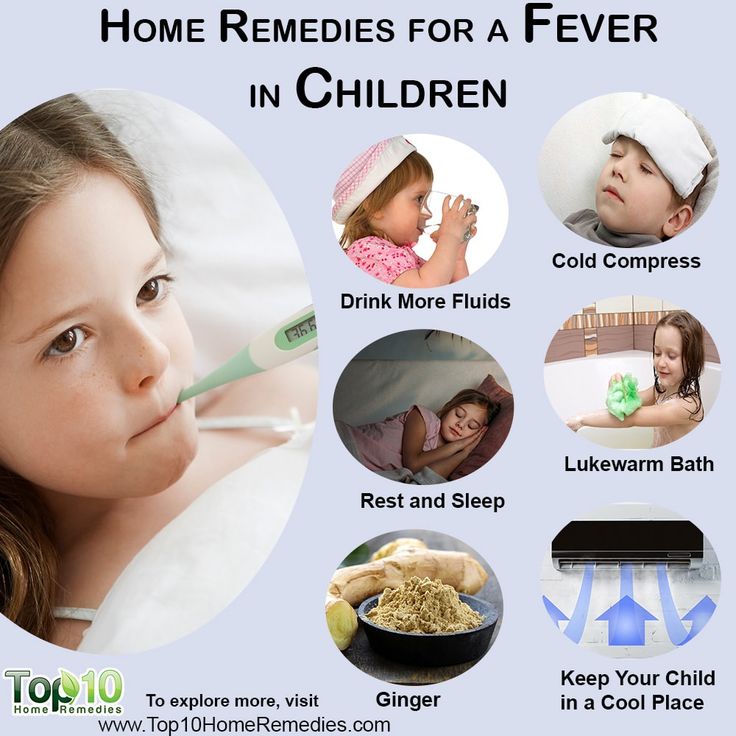
Some Useful Tips to Feed Foods For Babies During Fever
These tips would help your baby feed better and fuss-free:
- Try to give the baby frequent small feeds.
- If your baby is too weak to suckle, the mother can express breast milk and feed the baby with a spoon.
- Be patient, but persistent in offering food that your baby likes in order to overcome a lack of appetite.
- Do not feed a baby while it is lying down. Take it in your lap and make them sit up.
- If your baby throws up, wait for ten minutes and then continue offering them fluids or food.
- Do not force-feed your baby.
It is natural for your baby to lose appetite when they have a fever. As long as your little one is taking breast milk or formula milk, it is ok if they refuse to eat other food. But if your baby refuses to take breast milk, you must contact your doctor immediately.
FAQ’s
1. Can Foods Help Bring Down my Baby’s Fever?
Yes, certain foods can.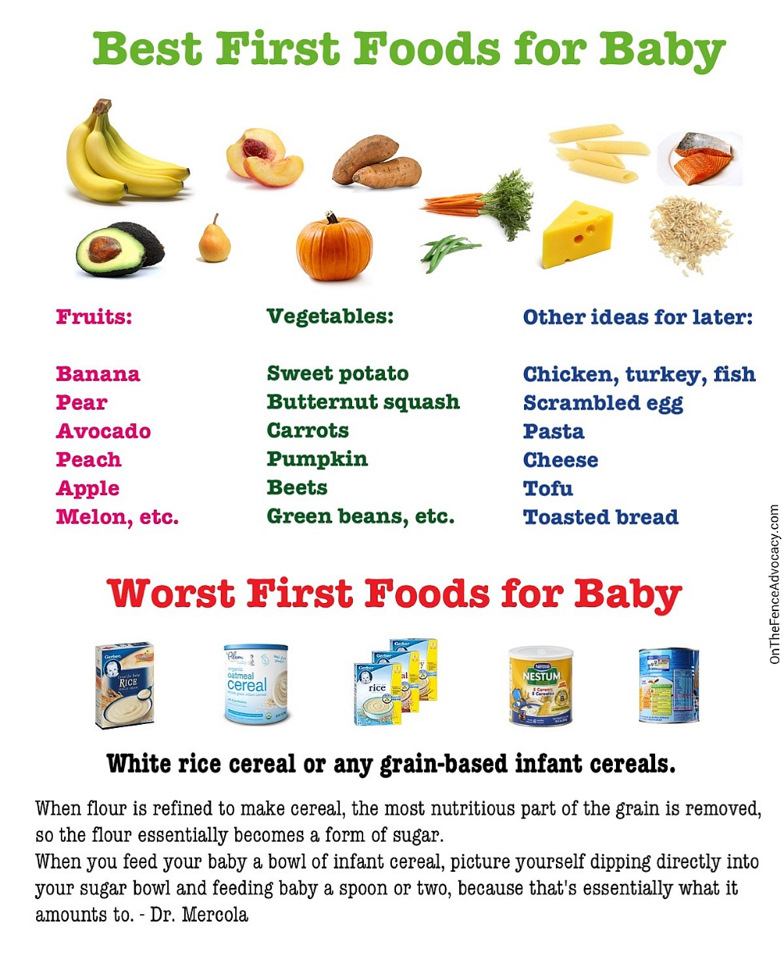 Foods rich in nutrients and electrolytes can help the body fight better. This can help reduce the fever naturally.
Foods rich in nutrients and electrolytes can help the body fight better. This can help reduce the fever naturally.
2. Are Apples Good for Fever?
Yes, apples are packed with good nutrients. Make an apple sauce that can be mixed with a variety of foods. It is easy to digest and adds flavor too.
3. What is a BRAT Diet?
These is Bananas, Rice, Applesauce, and Toast. These foods are good for the body and tasty for the tongue too. Since they stay down longer, this is recommended for sick babies.
4. Should I Follow the CRAM Diet When my Baby Has a Fever?
The cereal, Rice, Applesauce, and Milk diet is good for any baby. When your baby is sick and is refusing food, this can be soothing. This diet is high in fat, thus helping to restore your baby’s energy when sick.
Diet for Infants & Toddlers With Fever
When your baby or toddler is sick and has a fever, it can be physically taxing for your child as well as you. You can’t see your little one feeling miserable like that. While you can’t wave a magic want to make your child feel like herself again, there’s something you can do (apart from following the doctor’s order) to strengthen your little one’s immune system and to help him recover soon. One of the best ways to build up the strength to fight the infection is by putting your child on a diet that will bolster up the defences of the body. In this article, we will tell you what you can feed your child when he has a fever or when he is sick!
You can’t see your little one feeling miserable like that. While you can’t wave a magic want to make your child feel like herself again, there’s something you can do (apart from following the doctor’s order) to strengthen your little one’s immune system and to help him recover soon. One of the best ways to build up the strength to fight the infection is by putting your child on a diet that will bolster up the defences of the body. In this article, we will tell you what you can feed your child when he has a fever or when he is sick!
Feeding a Baby During Fever
One of the symptoms that accompanies a fever is the loss of appetite. Your baby is no different and will also refuse to eat in the manner she normally does. Try to get your baby to eat by offering foods that she likes, and ensure they are healthy and nutritious. Your baby might also want to be breastfed or have formula during this time. There is no reason to worry about this as breast milk will provide your baby with all the essential nutrients she needs during her illness. Remember to feed your baby food at regular intervals so her body has the energy to fight the illness, without forcing her to eat more than she wants to.
Remember to feed your baby food at regular intervals so her body has the energy to fight the illness, without forcing her to eat more than she wants to.
8 Foods for Babies With Fever (Age: 6-12 months)
Knowing what foods to feed is half the battle won when your baby has a fever. The food should be both well-balanced and energy-rich so it can shore up your baby’s defences in the face of the fever. Here are a few food items you can give your baby during fever.
1.
Dal KhichdiThis basic dish will help your baby regain strength as she fights the illness. It is rich in protein which is easy to digest and also high in energy. Prepare this dish with no spices and salt and do not add any strong flavours in order to make it more palatable to your baby. Keep it simple and serve it warm. Let your baby eat how much she can.
2. Soup
Giving your baby a bowl of warm soup is a great way to ensure that she gets the nutrition she needs while also keeping it light on her digestive system.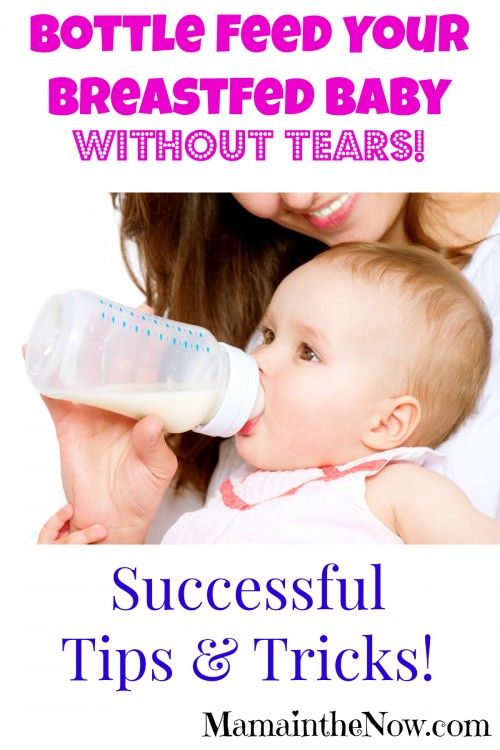 It is easy to prepare and is packed with essential vitamins and minerals. Just boil a few chopped vegetables of your choice in some filtered water. You can either feed your baby only the broth or offer some of the boiled vegetables in mashed form.
It is easy to prepare and is packed with essential vitamins and minerals. Just boil a few chopped vegetables of your choice in some filtered water. You can either feed your baby only the broth or offer some of the boiled vegetables in mashed form.
3.
DaliyaYou can make this dish by cooking the washed daliya (broken wheat), in a pressure cooker with water. Remember to add a quantity of water that will give it the consistency of a porridge. Daliya is a good source of protein that will give your baby an energy boost. Add a pinch of turmeric, an excellent ingredient for boosting immunity.
4. Vegetable and Fruit Puree
One of the simplest things you can give your baby when she has a fever is pureed fruits and vegetables. You can choose which fruit or vegetable you want to give your baby according to her preferences. Apples, peas, and carrots in puree form are all good for your baby when she has a fever.
5. Breast Milk or Formula
Sometimes, your baby might want to go back to feeding entirely on breast milk or formula.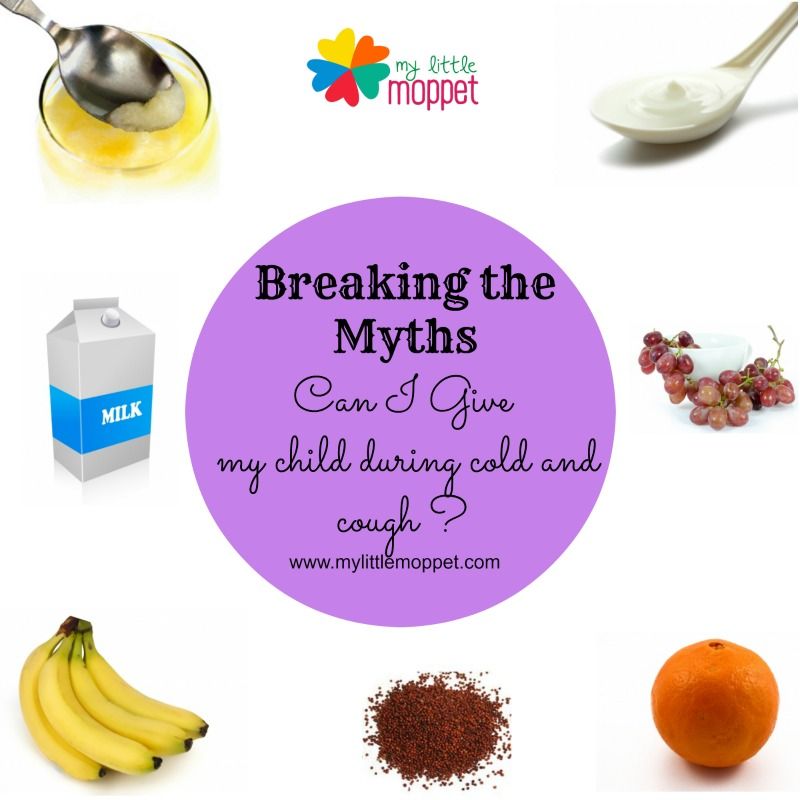 As breast milk and formula are high in nutrition and also make sure that your baby stays hydrated during the fever, do not hesitate to offer some to her. Breast milk, in particular, contains antibodies that help build your baby’s immunity that help fight infection.
As breast milk and formula are high in nutrition and also make sure that your baby stays hydrated during the fever, do not hesitate to offer some to her. Breast milk, in particular, contains antibodies that help build your baby’s immunity that help fight infection.
6. Popsicles
This is a unique way to get your baby to eat nutritious food – just ensure you make this yourself at home with ingredients that you know are safe. Juice a few fruits and put them in a popsicle mould. You can also add a few pieces of cut-up fruits into the mould. Freeze it for a few hours and let your baby enjoy this cold treat that is full of vitamins. Note: Please don’t give store-bought popsicles to your baby as they are high in sugar and contain artificial colours, which aren’t good.
7. Ginger Tea
This simple drink will boost your baby’s immunity. Ginger has been known to have high antioxidant properties. It also helps clear chest congestions. Boil some ginger in a cup of water for a few minutes.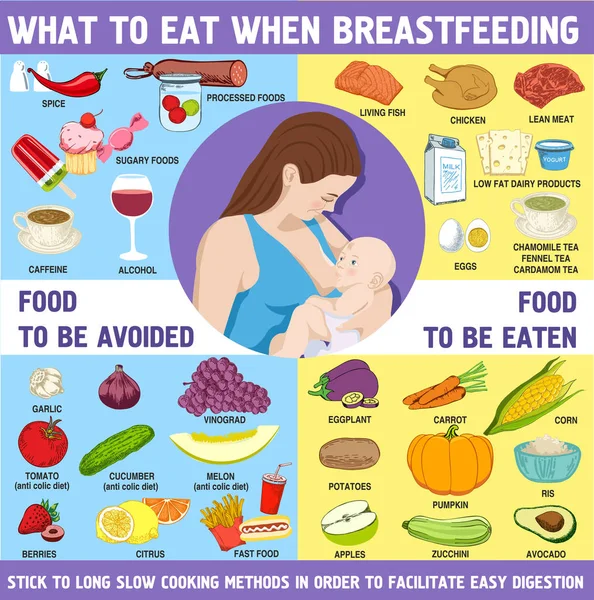 Strain it and let it cool till it is warm. Feed the beverage to your child.
Strain it and let it cool till it is warm. Feed the beverage to your child.
8. Ajwain
Carom seeds are truly a superfood when it comes to treating illnesses. Soak some seeds overnight in a cup of water or just boil them in water for a few minutes and give your baby a couple of teaspoons every few hours.
5 Foods for Toddlers With Fever (Age: 1-3 years)
While fighting the fever can leave your toddler without her usual appetite, it is important that your child gets nutritious food packed with vitamins that will keep her hydrated. You might be wondering what foods to give a toddler with fever as they can be picky – here are a few things you must feed your child when she has a fever.
1. BRAT Diet
This stands for banana, rice, applesauce, and toast. You should be able to make these food items easily at home. Bananas can be offered just as is. For the applesauce, you will need to peel a few apples, slice them and boil in some water until it becomes syrupy.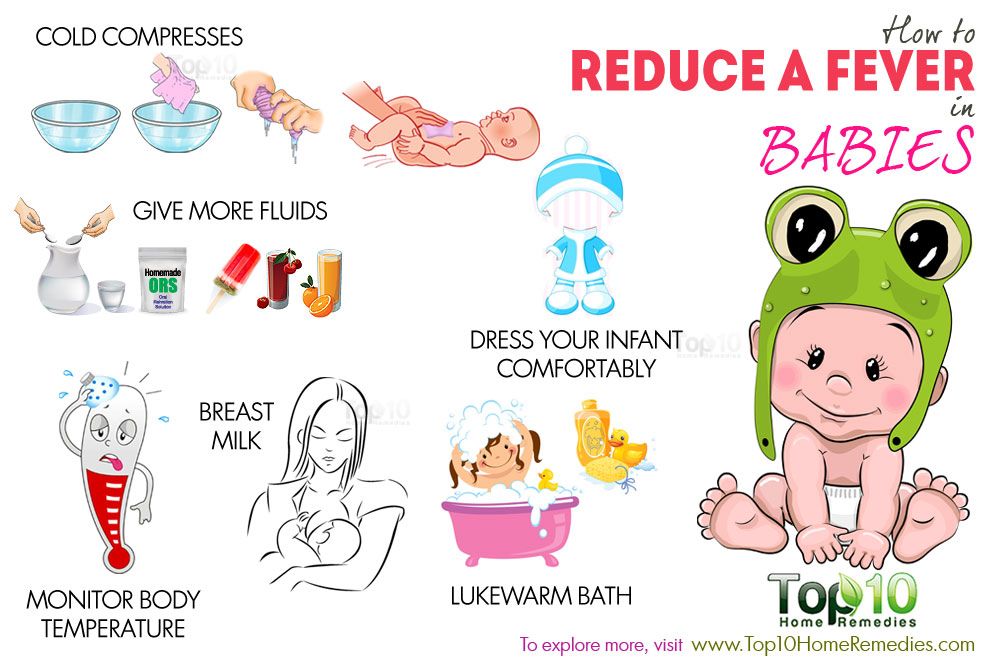 You can add in cinnamon and star anise for added nutrition and flavour. Remember to take the whole spices out of the applesauce before feeding it to your child.
You can add in cinnamon and star anise for added nutrition and flavour. Remember to take the whole spices out of the applesauce before feeding it to your child.
2. CRAM Diet
This stands for cereal, rice, applesauce and milk. Depending on what your child likes, you can choose between the two diets in order to ensure that your child is getting every bit of nutrition she requires to get better.
3. Chicken Soup
Almost everyone will tell you the virtues of chicken soup during sickness. Chicken soup is beneficial for a fever-ridden baby as it is easy on the stomach and rich in proteins and other nutrients. Chicken soup with added vegetables will give your child a balanced meal with ample nutrition.
4. Baked/Steamed Food
Baking and steaming food will ensure that the nutrition of the food remains intact without the use of oil and butter, two things that can cause a strain on your child’s system. You can bake or steam a variety of food – vegetables like peas, carrots and sweet potatoes are ideal.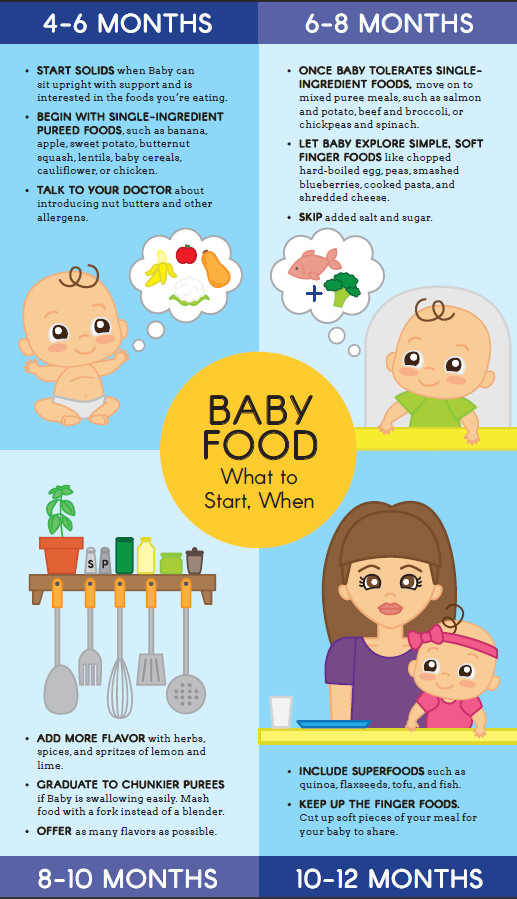 If your child feels up to it, you can give her baked or steamed fish as well.
If your child feels up to it, you can give her baked or steamed fish as well.
5. Turmeric Milk
A lot has been said and written about the health benefits of turmeric. While you can add turmeric to the food that you prepare for your child, it is also recommended that you add a pinch of turmeric in a glass of warm milk and give this drink to your child once a day. Turmeric has medicinal and anti-inflammatory properties that will boost your child’s immune system.
Tips for Feeding Your Child During Fever
- Break down the meals into small portions that you can feed your child at frequent and regular intervals.
- You can express breast milk and feed it to your baby with a spoon, especially if your baby is too weak to suckle.
- Exercise patience when feeding your child when she is sick. Offer food on a regular basis and try to give the food she enjoys.
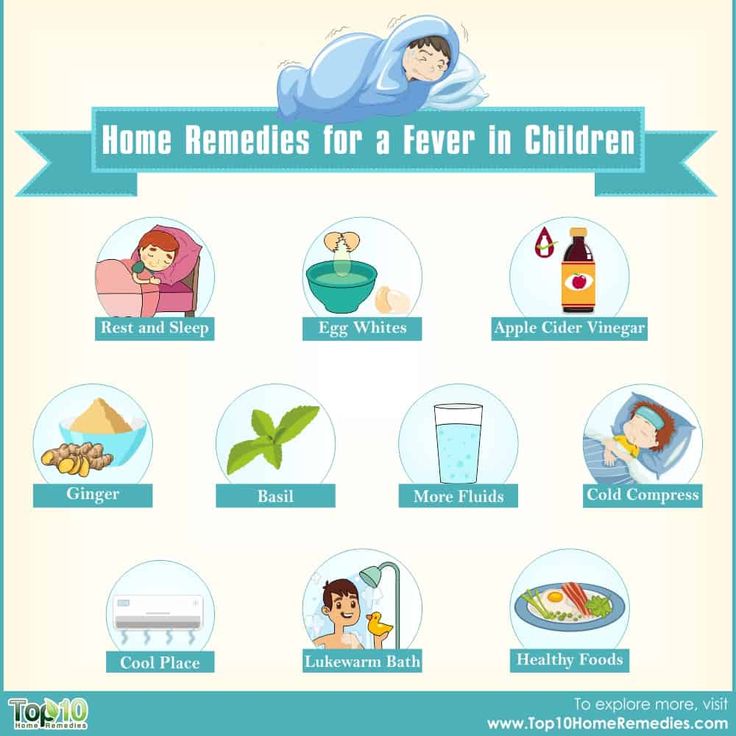
- Keep your child upright when you are feeding her. Do not feed her when she is lying down, as it may cause her to choke.
- Do not force your child to eat.
- Offer fluids if your baby is vomiting.
When to Call a Doctor
If your baby is suffering from other symptoms aside from fever, it’s best to take her to the paediatrician immediately. Some of the symptoms to look out for are:
- Unexplained rashes
- Vomiting
- Diarrhoea
- Unusually sleepy, fussy, or ill
- Seizures
It is important that you give your child food that is nutritious and energy-giving when they are suffering from fever. Be patient and offer food in small quantities over frequent meals. If your child is not eating at all, then you must seek medical help as this lack of appetite could be indicative of something more serious than a fever.
Also Read: The Best Home Remedies for Fever in Children
How to feed a child with a temperature?
Published: October 20, 2018
It is believed that with a cold, the body needs strength to fight the infection. Parents worry if a child refuses to eat during an illness. Mothers are worried that the baby will become completely weak if he does not eat. But refusing to eat when you have a temperature and a cold is normal. The liver, which is involved in the process of digestion, actively fights toxins during illness. Blood circulation in the digestive tract slows down: the body sends blood to the heart, lungs and brain to protect them from the effects of high temperature.
Parents worry if a child refuses to eat during an illness. Mothers are worried that the baby will become completely weak if he does not eat. But refusing to eat when you have a temperature and a cold is normal. The liver, which is involved in the process of digestion, actively fights toxins during illness. Blood circulation in the digestive tract slows down: the body sends blood to the heart, lungs and brain to protect them from the effects of high temperature.
When the temperature is high, the child may refuse to eat, but make sure that he drinks a lot, often, maybe a little! It is good to drink clean water, diluted sugar-free juices, fruit drinks and compotes will do. Lack of fluid is very dangerous, it can cause dehydration, fever, poisoning the body with toxins.
Contents of the article
Baby temperature: what feeding regimen to choose?
If your baby is sick with SARS, see a doctor as soon as possible! In such small children, all diseases develop very quickly and are often difficult.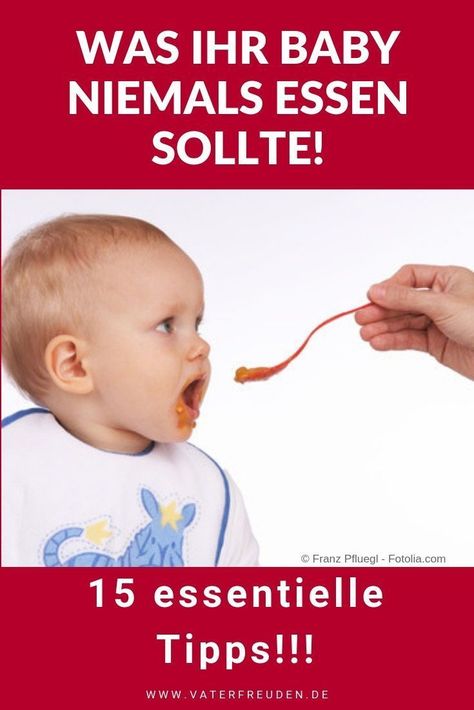 Until the doctor arrives, a small child with a temperature can continue to breastfeed if he does not refuse it. Mother's milk for the baby is food, drink and medicine at the same time. Attach the baby to the chest, especially if he is naughty. This will help him calm down, quickly cope with the disease. Give the baby a drink of warm boiled water from a spoon or bottle. The correct drinking regimen is especially important for "artists", for them colds are dangerous due to dehydration.
Until the doctor arrives, a small child with a temperature can continue to breastfeed if he does not refuse it. Mother's milk for the baby is food, drink and medicine at the same time. Attach the baby to the chest, especially if he is naughty. This will help him calm down, quickly cope with the disease. Give the baby a drink of warm boiled water from a spoon or bottle. The correct drinking regimen is especially important for "artists", for them colds are dangerous due to dehydration.
How to feed when the temperature is high?
Under no circumstances should the child be force-fed! Do not persuade the child to eat, but regularly offer different light, beautiful, "interesting" dishes:
- vegetable and fruit purees, mousses,
- kissels,
- cereals,
- soft sweet fruits,
- curds and yoghurts with jam or honey,
- kefir and milk - low fat, no cream,
- dry biscuits.
All food should be at room temperature or warmed up slightly so as not to irritate the throat.
In children, high fever is often accompanied by vomiting. After it, you can not feed the child for 1-2 hours, even if he asks. Give him a warm drink more often - 1 spoonful every 15-20 minutes. If the liquid does not cause a new bout of vomiting, try to feed, for starters - something light and liquid.
Some children have a healthy appetite even with high temperatures. During illness, it is better to reconsider the diet. Give your baby light meals in small portions, every 1-2 hours, so as not to overload the stomach. If he did not eat enough in the main feeding, offer juice, kefir, fruit purees or jelly.
In the first days after recovery, the baby may continue to refuse the usual, habitual food. Do not panic: the child's body needs time to recover from the disease, not only the physical condition, but also the emotional one. Please your child with “delicious”, return to your usual diet gradually:
- Start introducing steamed meat or fish, boiled vegetables into the menu.

- Offer the child the usual size portion, but do not insist that he finish it all.
If your baby refuses to eat after one week of illness, consult your pediatrician. The doctor will help restore the feeding regimen.
What should not be fed with a cold?
When you have a temperature, do not overload your stomach. Exclude fatty dairy products from the child's diet during illness:
- yeast dough, muffin,
- red meat,
- oily fish,
- chocolate,
- new, previously untried dishes and flavor combinations,
- pickled vegetables,
- products containing vinegar.
Avoid strong tasting, spicy, sour and salty foods. They irritate the stomach, can increase the inflammation in the throat.
Modern doctors do not recommend feeding meat broths to children: when cooked, all harmful substances from meat get into them. Offer your baby a light vegetable or milk soup. When the temperature drops, you can feed the baby with tender chicken soup in the second broth.
What will help you recover faster?
During the period of illness, and indeed, monitor the temperature in the baby's room. Dry and too warm air only worsens the condition of the child. Due to elevated temperature and too dry air, the mucous membranes of the nose and throat dry up, the discharge of mucus and sputum worsens, crusts dry out, and infection accumulates.
Nasopharyngeal mucosa is a natural protective barrier against infections. But if they are overdried and damaged, local immunity decreases, the body is not able to properly resist the disease. Without encountering serious resistance, viruses and bacteria actively penetrate the body, destroy healthy cells and multiply rapidly.
Derinat, an innovative drug of complex action for the treatment of colds in children, will help your child cope with the illness faster. It can be used for SARS in infants and flu, even in the smallest! Antiviral drug for babies Derinat helps fight colds in several ways at once:
- restore damaged mucous membranes of the nasopharynx, strengthen them and enhance protective functions,
- normalize the functioning of the immune system, activate the body's own defenses,
- resist viruses, bacteria, fungi.
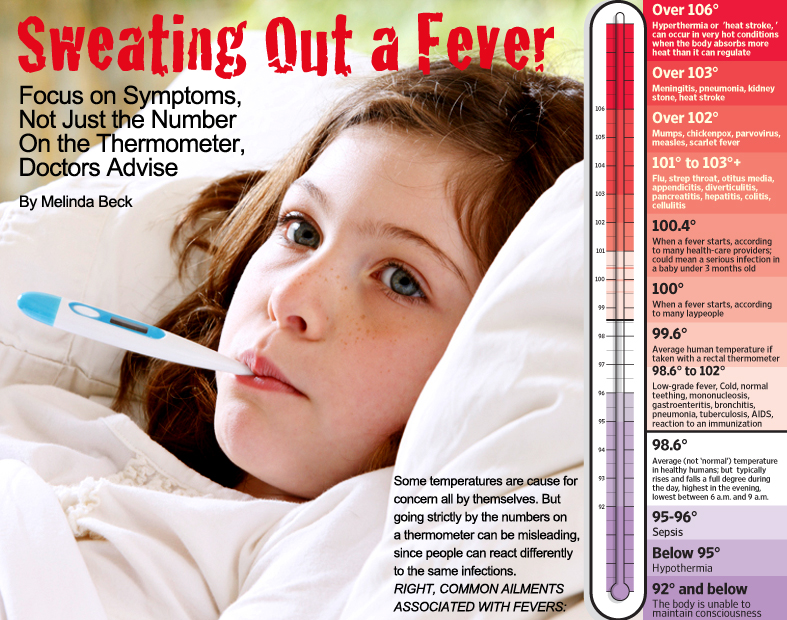
Derinat helps to protect the child's body from the complications of acute respiratory viral infections and influenza, and to cope with the disease faster. Read more about the drug and its properties on our website.
Take care of the little ones! Take care of their health and don't forget about yours!
Derinat Products
- Drops
- Spray
- Bottle
Useful articles:
How to treat children
Treatment of children with folk remedies
On diseases:
flu
ARI/SARS
Cough
Hrystand
Prevention of diseases
Nutrition of a sick child
Publication date: 12/15/2016 08:22
April 22nd, 2016 Olga.
While the child grows up, he will be ill with various diseases more than once. About 80% is accounted for by SARS. Any disease (we are now talking about the flu, SARS) is characterized by poor health of the child - malaise, cough, runny nose, weakness, and maybe intestinal upset.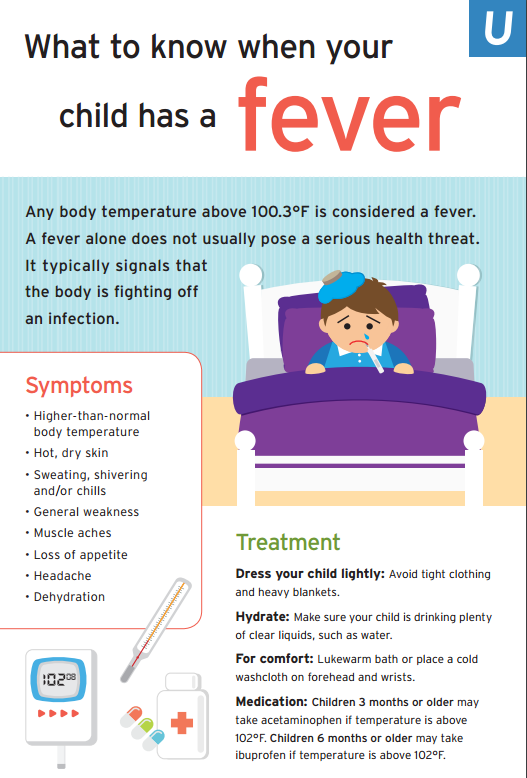 And all this affects the appetite of the child. If a child has caught a cold, mothers always ask themselves the question: how to feed him properly? Proper nutrition of a sick child will help to quickly cope with the disease.
And all this affects the appetite of the child. If a child has caught a cold, mothers always ask themselves the question: how to feed him properly? Proper nutrition of a sick child will help to quickly cope with the disease.
During an illness, the baby always has a poor appetite. There are physiological reasons for this:
- at elevated temperatures, blood circulation in the stomach slows down. because the body sends blood to vital organs: the heart and lungs. The process of digestion and assimilation of food slows down and the child needs less food than usual;
- during an illness, the liver actively fights toxins, the products of the vital activity of viruses and the decay of damaged cells, so a large amount of food carries an additional burden;
- the toxins themselves poison the body and the child, when he feels bad, not at all before eating;
- blocked nose, sore throat, difficult to swallow.
- Nutrition should be appropriate for the child's age;
- during illness do not introduce new foods into the diet;
- food should be sparing - liquid or semi-liquid;
- make small meals if the baby does not want to eat, and the number of feedings can be increased;
- if the child refuses to eat, let him drink more fluids (water, compote, fruit drink, rosehip broth).
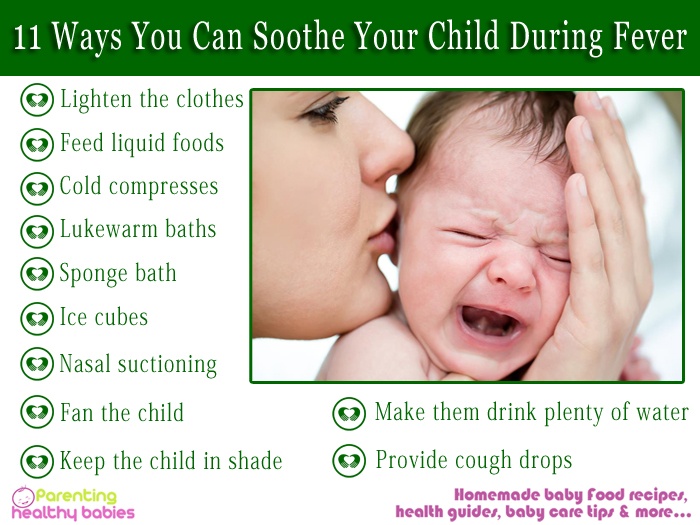
From the diet during illness should be excluded:
- Hard-to-digest foods - fatty meat, whole grain cereals, fresh vegetables and fruits.
- Foods harmful to the liver - fatty dairy products, chocolate, vegetable oil, lard, confectionery.
- Coarse, which can damage the mucous membrane - nuts, seeds, crackers, cookies.
Useful menu
During an illness, a child needs food that is well absorbed by a weakened body. Therefore, chicken broth, vegetable soups, stewed and boiled vegetables are perfect for feeding a child during SARS.
To avoid mechanical irritation of the stomach, choose foods that are low in fiber. What foods are low in fiber? These are potatoes, cauliflower, pumpkin, rice and semolina, animal products.
Potatoes are especially delicate in fiber, so include mashed potatoes in your menu more often. You can cook mashed potatoes with sausage, cheese. Beautifully decorate the dish.
Animal protein must be present in the diet of a sick child, since it is a building material for protective antibodies.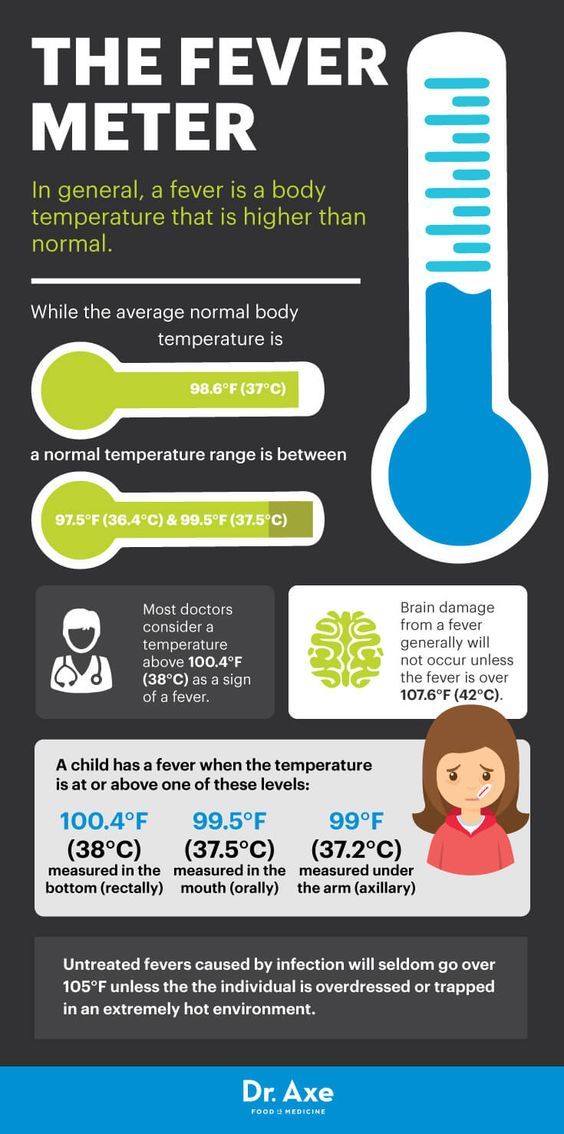 They are rich in lean meat - veal, beef, lean pork. For soups, use secondary broths from turkey meat, rabbit, chicken breast.
They are rich in lean meat - veal, beef, lean pork. For soups, use secondary broths from turkey meat, rabbit, chicken breast.
What else can you feed a child during illness? Yogurt helps out well, especially homemade, with the addition of berries.
Cook porridge for the child: semolina, oatmeal, you can also add berries from jam or defrosted.
A sick child needs vitamins. You can make vitamin drinks from rose hips, berries, cook jelly, dried fruit compote, berry juice. . Such drinks will alleviate the condition of the baby if the throat hurts. But with indigestion, milk should not be given at all.
To increase the appetite of the dish, it is desirable to arrange it beautifully so that the child immediately has a desire to eat it.
Nutrition for a convalescent child
After an acute period of illness, the recovery period begins when the baby is on the mend and nutrition during this period plays an important role. The food of a recovering baby should be rich in energy in order to restore strength, contain minerals and vitamins, the food should be well absorbed.
As soon as the symptoms of the disease subside, do not rush to pounce on a child with enhanced nutrition, it will take a few more days to restore digestion. Continue to follow the diet, adding lean meat and fish, cheese, eggs, boiled vegetables and fruits to it.
Ideal for casseroles, puddings, steamed cutlets, vegetable soups. Introduce fruits and vegetables into the diet and do not forget about sour-milk products that will help restore the disturbed intestinal microflora. Let during this period the food be fractional, the child eat a little. And when the body gets stronger, the child will return to a normal diet.
Choosing tactics
When feeding a sick child, parents should remember that it is impossible to force-feed a child!
We provide a diet with easily digestible products. Some parents find it difficult to feed the baby during illness, he categorically refuses to eat. Psychologists advise not to turn feeding into a circus with musical numbers so that the child eats "well, at least one spoonful.